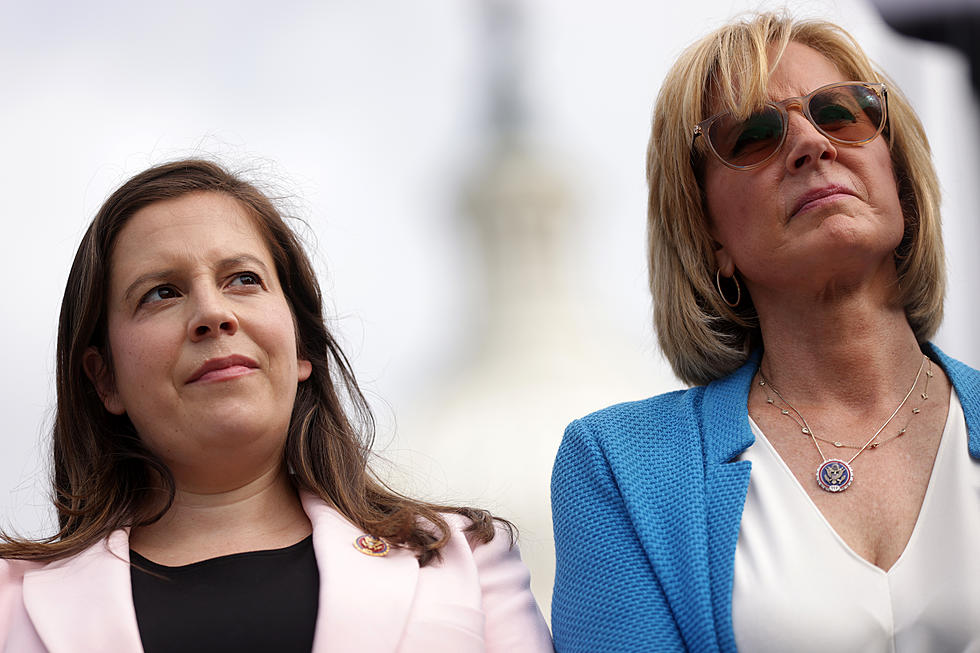
New Polling Breaks Down Close Race in NY-22 – Conole Trails Williams
The latest polling numbers on the upcoming election in New York's 22nd Congressional District make two things clear - the race is close, and most voters don't know the candidates.
Conducted by the Sienna College Research Institute and Spectrum News between September 25-28, the survey included 453 likely voters in the district. It found the Republican Williams with a 45%-40% advantage over Democrat Francis Conole. The spread falls just within the polls margin of error of 5.1%.
The survey found 72% of registered Democrats in the district are supporting Conole, with ten-percent backing Williams. Conversely, 82% of registered Republicans are behind Williams, with ten-percent planning to vote for Conole. The poll also broke down candidate support within Madison and Oneida counties - where Williams leads 54-33%. In Onondaga and Oswego counties, Conole leads 44-41%.
Of the poll respondents, 55% said they didn't know or have an opinion of Conole, while 62% said they didn't know or have an opinion of Williams.
The survey also measured support for the two candidates in the Gubernatorial race. It found the GOP's Lee Zeldin with a 47-44% lead over Democrat Kathy Hochul among voters in the 22nd district.
Key Issues
Sienna/Specturm also asked potential voters about their most important issues and asked if the country was headed in the right direction. By a margin of 63-25%, voters said the country was not headed in the right direction. The key issues identified were the economy, threats to our democracy, abortion, crime, and national gun policies.
“Nearly three-quarters of Republicans and independents say economic issues are one of their top two issues in choosing candidates this year, compared to 43% of Democrats. A similar number of Democrats – 44% – said abortion is one of their top two voting issues, although that is only identified by 17% of independents and 14% of Republicans,” said Sienna Pollster Steve Greenberg. “For women, abortion is the second most important voting issue, behind economic issues, while for men it ranks sixth.”
States with the most registered hunters
Check Out This Hunters Paradise In Upstate New York
Catskill Camping Like You've Never Seen
States with the most registered hunters
More From Lite 98.7









